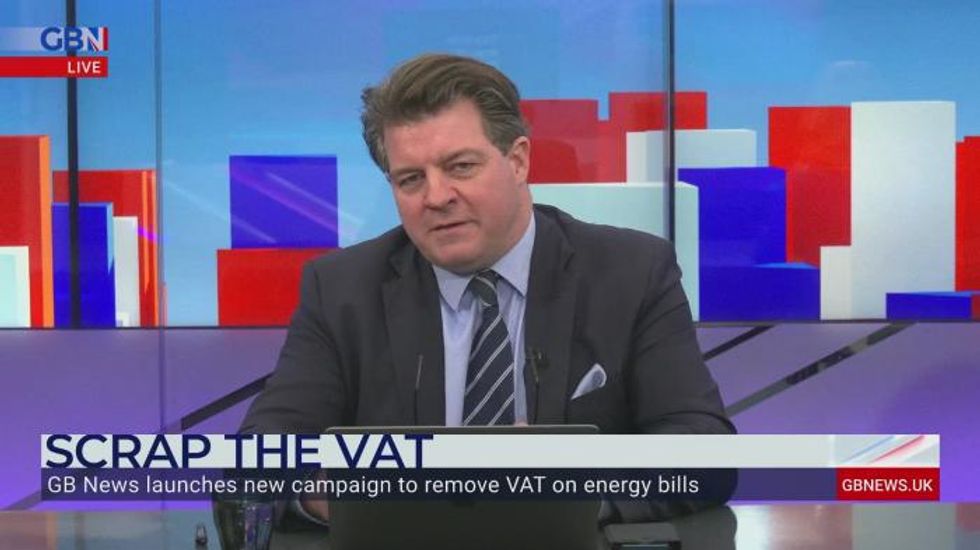Don't Miss
Most Read
Trending on GB News
The UK is facing a cost-of-living crisis. Regular “On The Money” viewers have known this for some time.
Here on your daily dose of economic, business and consumer news, we’ve been discussing inflation – and the impact on living standards – for months.
What’s now becoming clear though – or at least what our political and media class has lately realised – is that, this coming April, three factors will combine to deliver a cost-of-living triple whammy, hitting living standards across Britain.
And that could well cause a political backlash in May, when Boris Johnson’s Conservative government faces some potentially tricky local elections.
Last year, inflation built slowly from less than 1 per cent, reaching 5.2pc in November. Price pressure has intensified since, with even the Bank of England – previously slow on the uptake – now conceding we’re heading for 6% inflation this Spring, with many commercial forecasters predicting even higher numbers.
And if inflation hits 6%, and you’re not getting a 6% pay rise – as the vast majority of us won’t – you’re losing money.
If inflation is the first part of the living standards triple whammy, the second is tax - because April will also see a slew of tax rises.
As Chancellor Rishi Sunak announced last year, national insurance will go up for employers and employees in April, costing someone on the average wage around £300 per year.
Tax thresholds will meanwhile be frozen, dragging more people and income into the basic and higher-rate tax brackets – the ultimate form of stealth tax.
But the really big shock - the third and final part of the triple whammy will be utility bills –with the energy price cap set to be raised in April, allowing energy companies to charge ordinary households more.
The average household utility bill - 1,277 pounds a year – just over a hundred pounds a month – is set to rise to around 2,000 pounds – almost 170 pounds monthly, reflecting high wholesale gas prices. That’s a massive increase, that will hit many ordinary families very hard.
Now On The Money cares a lot about ordinary families, as does GB News more generally. As we often say on this channel, “if it matters to you, it matters to us”.
And that’s why, we are today launching a campaign. April is going to be tough, even if this Covid pandemic is behind us – and that’s by no means a given.
But there is something the government can do to ease energy bills – something that Brexit makes possible, now that we control our own taxes.
Vat on energy bills is currently five per cent. But five percent of a two-thousand-pound energy bill is a hundred quid. And, for many hard-pressed families, that’s worth having. Better than a kick in the teeth, as they say.
So rather than an "On The Money" question today, we’re discussing our new campaign, something we’re going to keep an eye on, return regularly on this show - and across GB News as a whole.
As inflation builds, tax rises loom and energy costs are about to spiral even more, On The Money calls on the Treasury and broader government:
When it comes to energy bills Boris, it’s time to "Scrap the Vat”.











